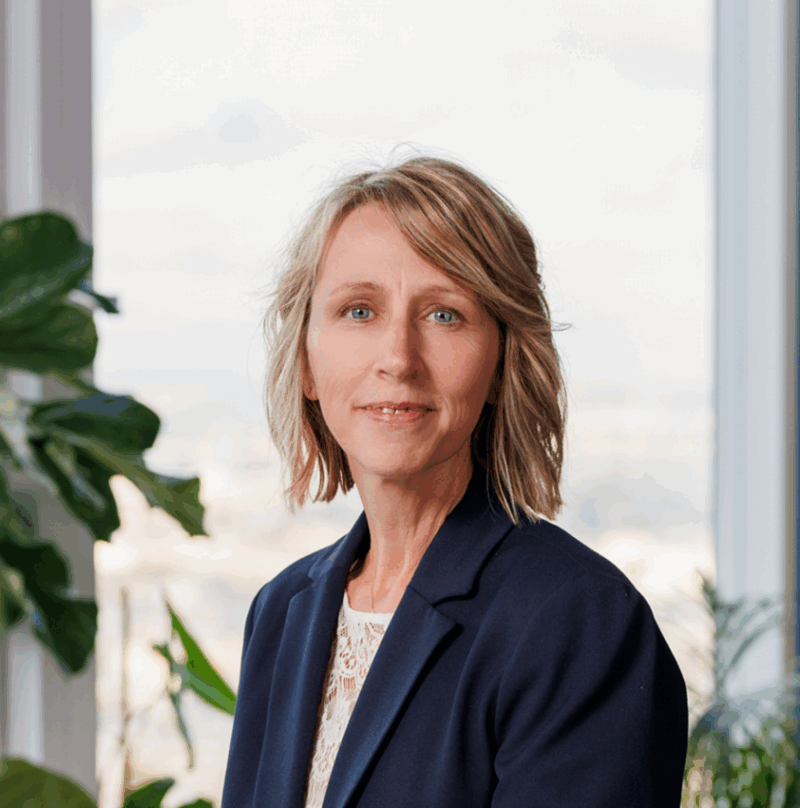Practice Areas
Biography
Stéphanie Garçon is a French and European Patent Attorney at the Santarelli. She practices in the field of patents, particularly in the chemical, polymer, materials, pharmaceutical, cosmetic, and agri-food sectors.
With nearly 20 years of experience in intellectual property, she advises individuals, major industrial groups, and research institutions on the development and management of their patent portfolios — including drafting and filing applications, prosecution, legal opinions (freedom-to-operate, IP portfolio audits), and patent valuation in the chemical field. She represents her clients in opposition and appeal proceedings before the European Patent Office (EPO) and has developed strong expertise in Supplementary Protection Certificates (SPCs).
Stéphanie began her career in industrial property at Arkema and then at Essilor. She later spent more than ten years in a leading French intellectual property firm, where she developed recognized expertise in EPO opposition and litigation proceedings. She was also involved in several pan-European litigations, particularly in the agri-industrial and pharmaceutical sectors. She joined the Santarelli Group in 2022.
Education
- Engineering degree from CPE Lyon, specialized in Chemistry and Process Engineering
- PhD in Organic Chemistry from Université Grenoble Alpes
- DU: Patent Litigator
- CEIPI Diploma in Patents, Trademarks, Designs & Models
Professional IP associations
- APEB: Association of European Patent Practitioners
- AFPPI: French Association for the Protection of Intellectual Property
Professional Ethics
Our IP attorneys and lawyers are bound by a strict code of professional conduct, ensuring the highest ethical standards in their relations with both clients and peers. They are committed to safeguarding the client’s economic interests, carrying out their mission through to completion, and working with full transparency (quotes, billing, general terms and conditions, ancillary costs).
Conflicts of Interest
Our IP attorneys and lawyers comply with the ethical rules of their profession regarding conflicts of interest. They ensure that no conflict exists before starting a new assignment and promptly inform the client of any situation that could interfere with the proper conduct of the assignment and/or risk compromising its objective execution.
